Tehran (The International Committee of the Red Cross Delegation in Tehran and the Iranian Red Crescent Society)- The ICRC Delegation in Iran and the IRCS jointly announced that a second donation of 250K CHF would be allocated to the purchase of home oxygen therapy equipment for COVID-19 patients.
The 250K CHF donation is the ICRC’s present contribution to an IRCS’ programme aimed at providing home oxygen therapy equipment to COVID-19 patients during the course of their illness so that they can continue the treatment at home.
This, in turn, is meant to partly release the pressure and strain for hospitals and health staff having to manage a continuous and intense flow of COVID-19 inpatients and to make beds in COVID-19 referral hospitals available for new patients with severe medical conditions.
“The IRCS’ staff and volunteers have been on the frontline of the response to the COVID-19 epidemic in Iran since its outbreak in February 2020. This donation by the ICRC is a small gesture of support and appreciation to the IRCS which we hope will contribute to their humanitarian endeavors and ultimately help COVID-19 patients”, said Barbara Rizzoli, Head of the ICRC Delegation in Tehran.
The ICRC had also donated another 500K CHF to the IRCS in April 2020 to provide Personal Protective Equipment to people with special / chronic diseases as well as food items to vulnerable groups.
“The ICRC is a valuable partner of the IRCS in Iran and we have established good partnership in various fields. We appreciate their support to our COVID-19 response in Iran and hope such collaboration will continue”, said Mansoureh Bagheri, IRCS Acting USG of International Affairs and IHL department.
Over the past 2 months, as members of the International Red Cross and Red Crescent Movement, and with a view to responding to the outbreak of COVID-19 pandemic, the ICRC and the IRCS have expanded cooperation and started distributing Personal Protective Equipment, hand sanitizers, and covid-19 educational materials to Afghan migrants at Dogharoun border and in Sistan-Baluchistan province as well as to people living in the border areas of five Western provinces of Iran.


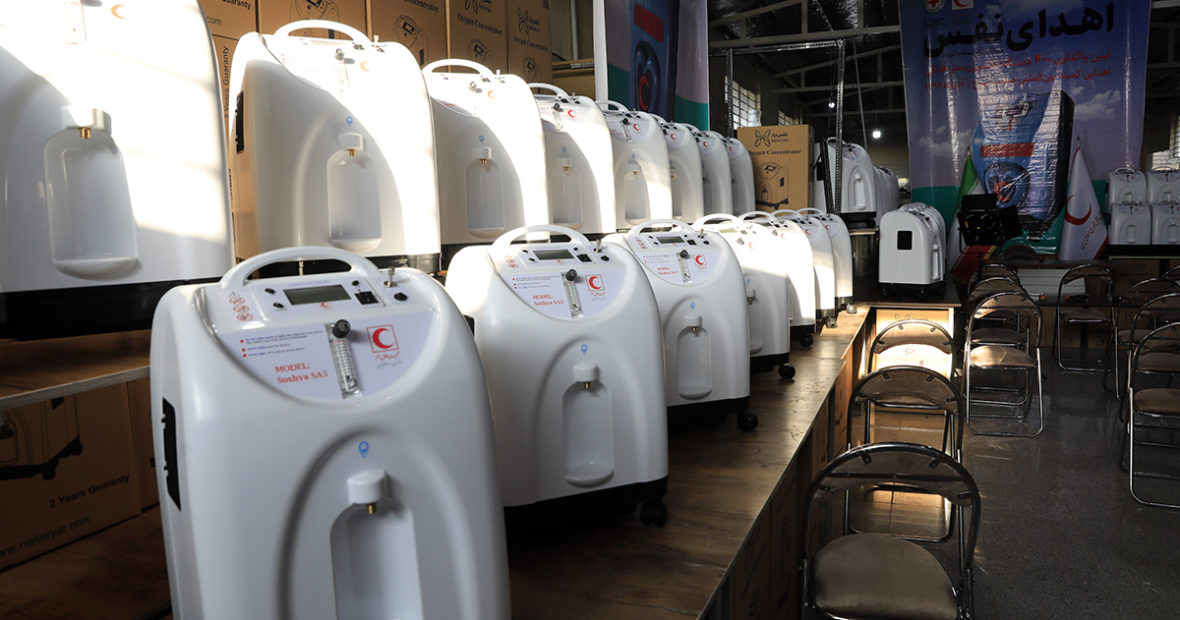
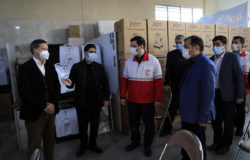
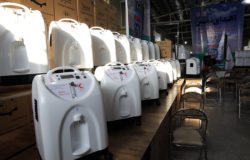
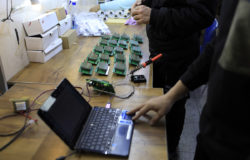
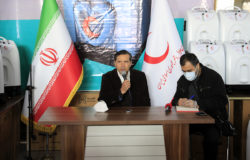
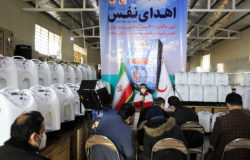
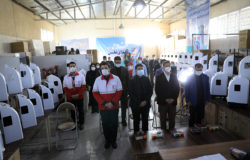
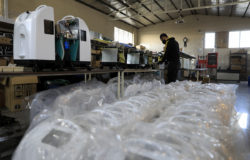
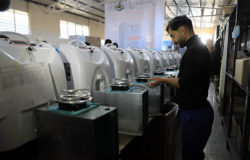
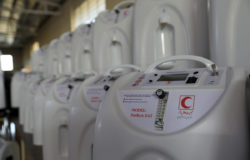
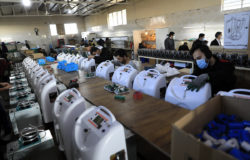
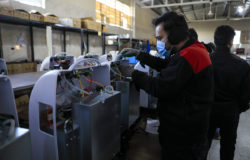
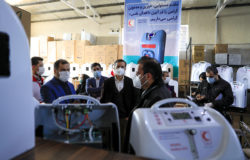
Comments